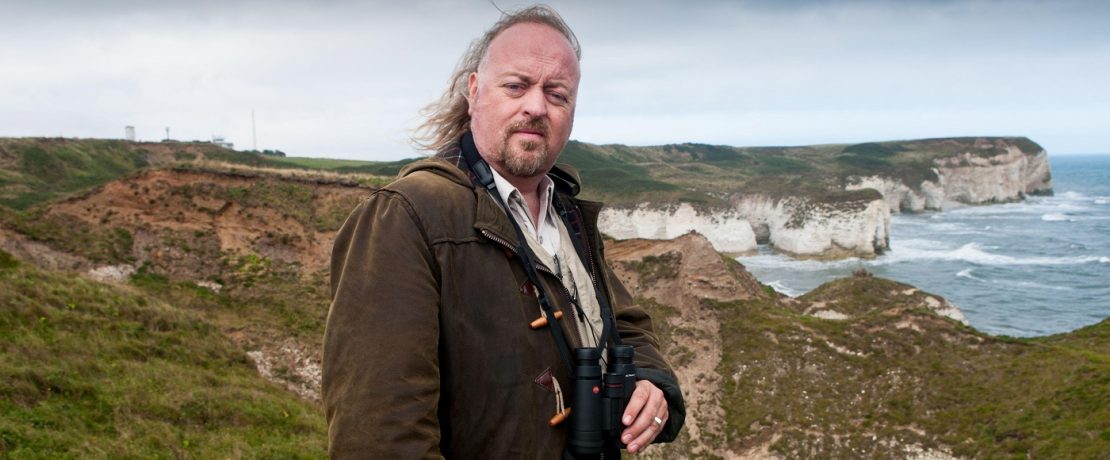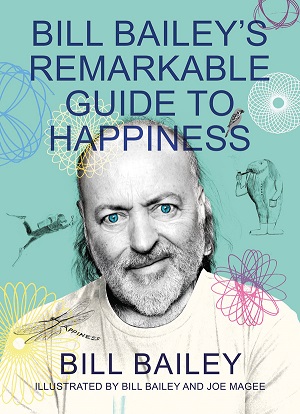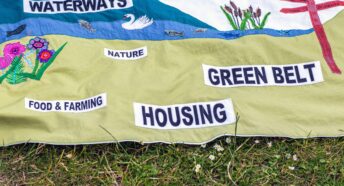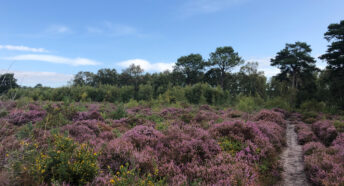Bill Bailey on the joys of being in nature
Comedy star Bill Bailey is on a mission to discover what makes us happy – and the outdoors is high on his list, as he explains in this exclusive extract from his book, Bill Bailey’s Remarkable Guide to Happiness.
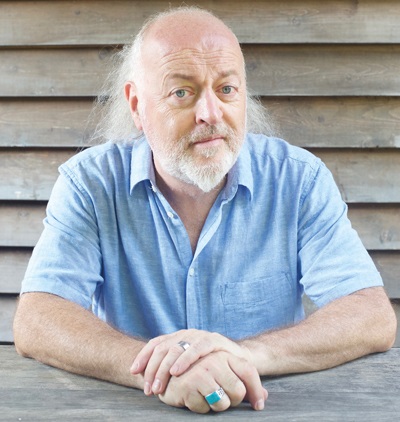
The word ‘ecopsychology’, the study of the mental health benefit of being in nature, is credited to a Theodore Roszak, who first coined the term in 1992 in his book The Voice of the Earth. His main premise is that our minds are shaped by the modern world but originate in nature, and we have suffered as a result of this disconnect. His views echo those of biologist E O Wilson, who said that humans have an instinct to emotionally connect with nature.
To all of which I say yes, and yes. We like to think of ourselves as sophisticated creatures, capable of understanding abstract concepts like morality, freedom and consciousness, even happiness. We can start sourdough and spiralise courgettes while mastering Spanish and video calling. We talk in depth about TV shows and gadgets and politics, but underneath this veneer of 21st-century cool, we’re animals after all, prone to atavistic desires to be outdoors and frolic like fauns in the forest or trip lightly up mountains like wheezing chamois; to do sideways rolls down a grassy bank or eat pasties up in the sand dunes
like guilty raccoons.
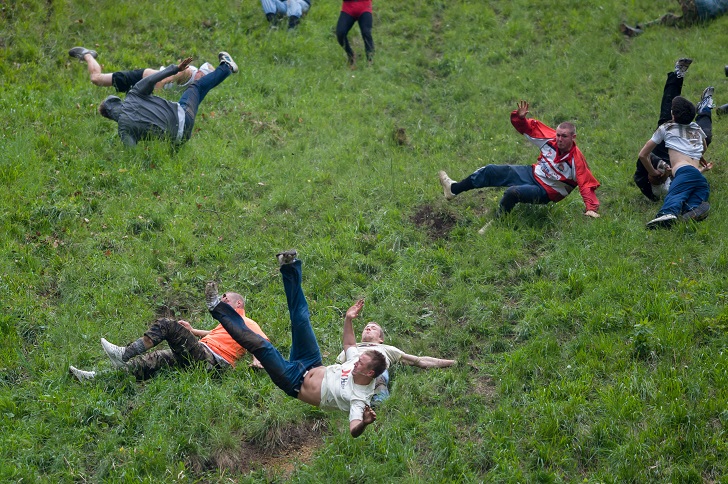
But what is new is that policymakers, healthcare professionals and even governments are realising that the benefits of being in nature are not just something writers, ramblers and whiskery country folk have been banging on about for centuries, but a significant medical resource to be tapped for the health of the nation.
The signs have been arriving steadily. On a stand-up tour of Orkney and Shetland a few years ago, I was reminded what a beautiful place this was for walking outdoors and birdwatching, but also delighted to discover that these very activities were actually being prescribed by local doctors on the NHS for a variety of conditions, ranging from heart disease to diabetes, or depression and anxiety to high blood pressure. ‘Two guillemots every four hours, and if symptoms persist, a long walk across the moor.’ Just knowing this makes me happy.
Binge walking
A study done by Exeter University has arrived at a definitive minimum amount of time spent in nature that yields tangible results: just two hours of outdoor time a week is enough to see a marked increase in the benefits. And it doesn’t even have to be in one go, as long as the cumulative outdoors time adds up to two hours. So, you could spend 20 minutes a day in your local park or save up and binge on a long walk at the weekend; the result is the same.
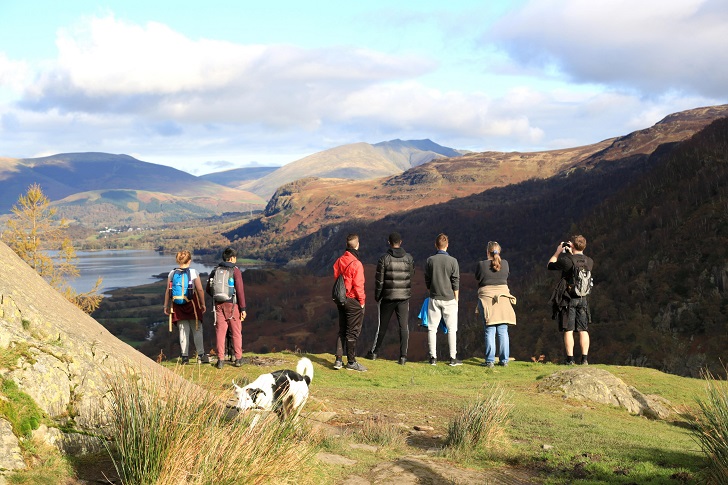
As we emerge from this pandemic, will we just go back to normal? Live exactly as we were doing? The sceptical side of me says, yeah, probably. But we can hope that this enforced slow-down of civilisation has given a boost to all this progressive thinking. Not just to our immediate neighbours, but on a global scale. A little less consumption, a little more kindness. Perhaps a greater appreciation not just of the healing power of nature, but of the hard commercial gain of fewer meds, less hospitalisation, more natural treatment. Good health means a better bottom line.
And a note to new city planners: open spaces in cities are more important than ever for all of our mental wellbeing. Not just a place to sit on your phone looking at cat films, or to let your kids play, or read a book, or eat your lunch, or just stare into the sky in a daydream. We need a place where we can observe others, to see how others live. We’re social animals, we’re gregarious and curious, we thrive among others, we do better when we help each other and work together. Sometimes that’s all it takes to be happy.
This exclusive extract is adapted from Bill’s latest book, Bill Bailey’s Remarkable Guide to Happiness (Quercus, £20), which sees the comedian exploring the nature of happiness while paddleboarding on the Thames, hugging a tree and wild swimming in a glacial river.
A version of this book extract was originally published in CPRE’s award-winning magazine, Countryside Voices. You’ll have Countryside Voices sent to your door three times a year, as well as access to other benefits including discounts on attraction visits and countryside kit from major high street stores when you join as a CPRE member. Join us now.
